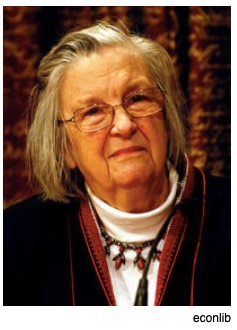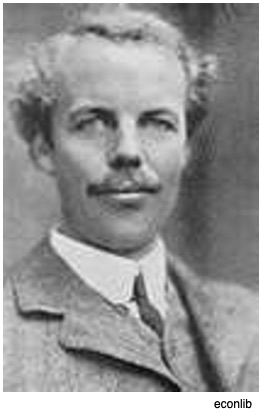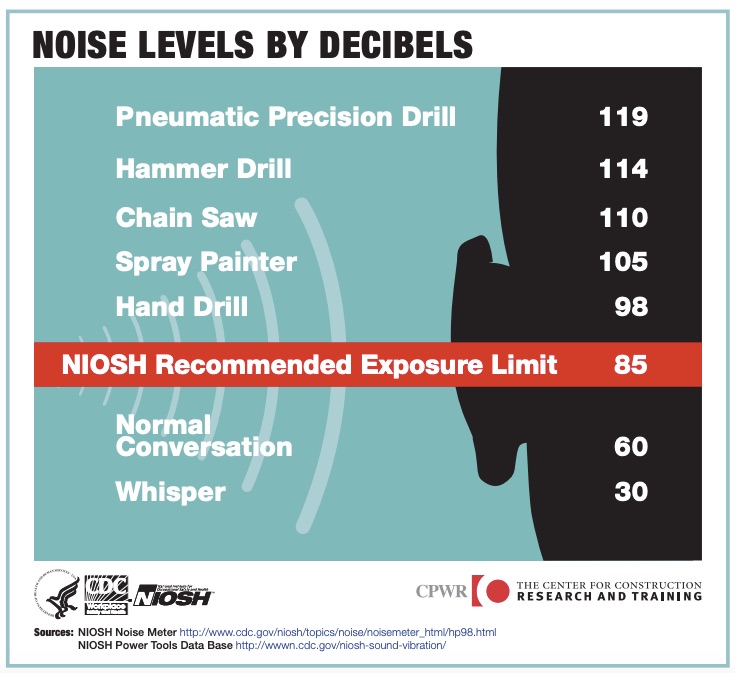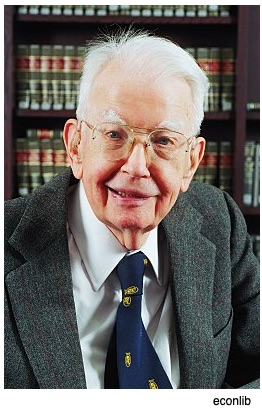
What Restaurants Really Sell Us
February 2, 2020
Do Economists Want Mandatory Medicare for All?
February 4, 2020Habitual car horn honkers could have a problem in Mumbai. If they keep honking when a traffic signal is red and the decibel levels exceed 85, the signal will reset. Rather than turning green, the red remains. Cars will have to sit for double the time and maybe more.
Some suggest that the decibel punishment will diminish noise levels in the city. Others worry that it will only get better at the five signals where the lights get longer. Elsewhere, drivers will keep honking.
Where are we going? To the tragedy of the commons.
Noise Pollution
On April 7, 2008, Mumbai had a No Honking Day. Between January 2009 and September 2019, there were just 1293 honking offenses. Now, recognizing the danger of loud noise, the city is trying harder.
Below, you can see a decibel hierarchy:
Knowing that 85 dB or more is harmful, India’s noise pollution rules include (I suspect unrealistically) a maximum of 55 dB during the day and 45 dB at night for residential areas. After all, a nearby siren can be as loud as 120 to 140 dB. A bit lower but still harmful, power lawn mowers and subway trains can be in the 90 dB range. With higher decibel levels, the downside is high blood pressure, sleep problems, stress. Birds have displayed lower birth rates and caterpillars, accelerated heart rates.
In a report on noise pollution, the World Health Organization summarized how people could be affected:
Our Bottom Line: Tragedy of the Commons
We have a tragedy of the commons when a public resource is overused or abused. Because the land or water or street has no private owner to oversee its care, individuals harm it. The result is a loud city, an overfished ocean, polluted air.
Political scientist Elinor Ostrom (1933-2012) won the economics Nobel Prize for her approach to the tragedy of the commons. Calling it the problem of the commons, she said communities do voluntarily get together when they share the same goals. Her examples ranged from a pasture in Switzerland to the refrigerator at work.
Elinor Ostrom:
 Meanwhile, British economist Arthur Pigou (1877-1959) proposed targeted fines that could be win win. If successful, they were supposed to create the incentive to pollute less at the same time that the fine would be used to benefit society. His key was cost. Someone had to elevate the cost of the behavior.
Meanwhile, British economist Arthur Pigou (1877-1959) proposed targeted fines that could be win win. If successful, they were supposed to create the incentive to pollute less at the same time that the fine would be used to benefit society. His key was cost. Someone had to elevate the cost of the behavior.
Arthur Pigou:
 Yet another solution was offered by Nobel laureate Ronald Coase (1910-2013). He thought individuals could negotiate a mutually satisfactory solution. They just had to be aware of when each benefited.
Yet another solution was offered by Nobel laureate Ronald Coase (1910-2013). He thought individuals could negotiate a mutually satisfactory solution. They just had to be aware of when each benefited.
Returning to that Mumbai traffic signal that gets longer when people raise the noise level. someone could have called it a Pigovian solution to noise pollution.
My sources and more: Thanks to Marginal Revolution for alerting me to Mumbai’s street noise problems. From there, The Times of India and the Hindustanitimes had more of the story. Then for noise pollution facts National Geographic , WEF, and this WHO 2011 report were helpful. And finally, always ideal for economist bios, econlib had more on Ostrom, Pigou, and Coase.
Our featured image is from Pixabay.
![econlifelogotrademarkedwebsitelogo[1]](/wp-content/uploads/2024/05/econlifelogotrademarkedwebsitelogo1.png#100878)







